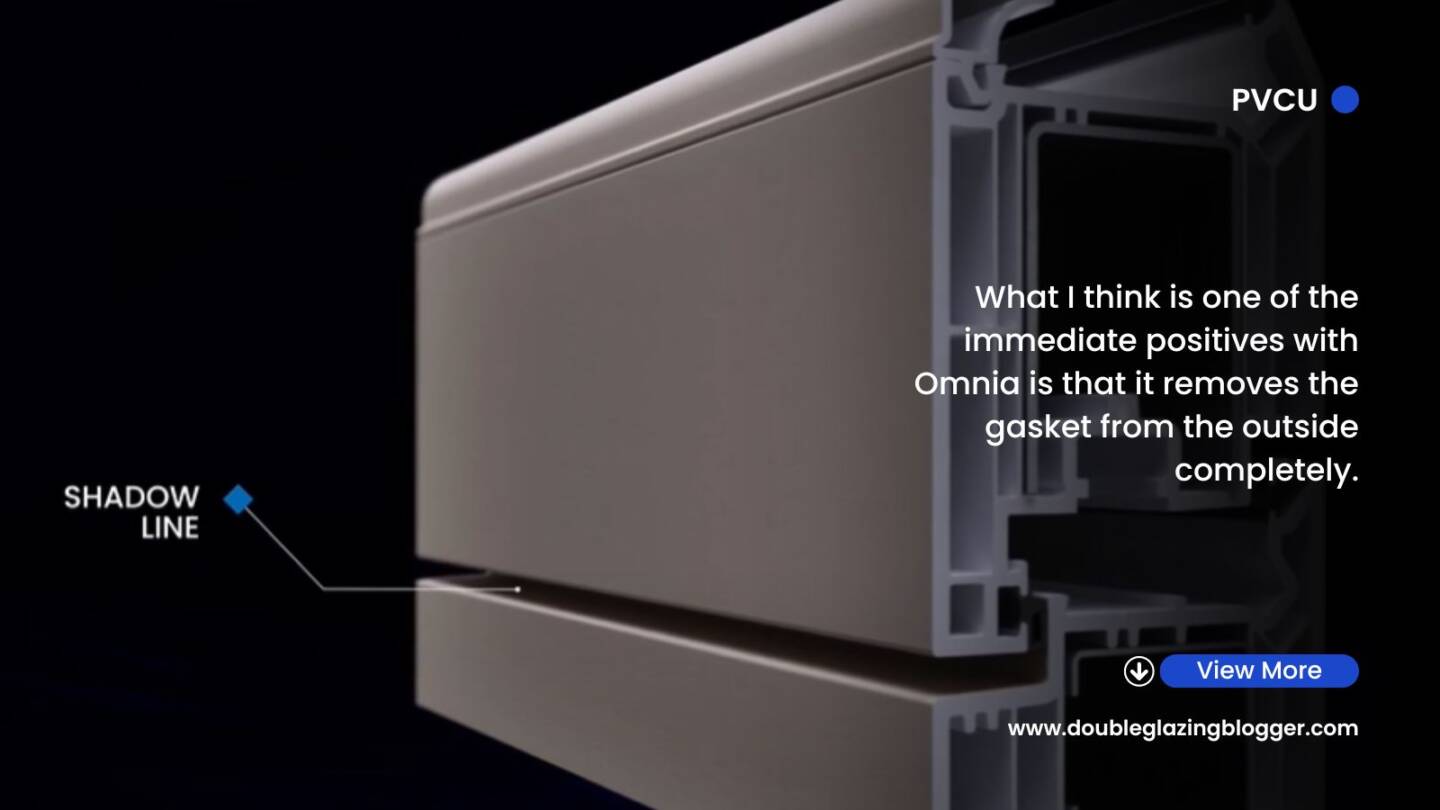We have been looking for an additional installations team at our place for most of this year. We started off the year at a belting pace, coming off the back of a busy December. It has resulted in a rather long lead time. Thankfully the pace has steadied, but the lead time remains long. So we have started to advertise for an extra crew.
It has been a mixed bag to say the least.
Little consistency
Responses to adverts were slow at first, but as the weeks have gone on they have become more frequent. Naturally, you don’t go for the first team to respond.
We have taken phone calls from a number of interested installers. Some are from other trades looking to make a switch, namely plasterers and electricians. We have spoken to young fitters, experienced fitters, fitters from other companies and fitters who are “between jobs”. Some have said the right things, some have not.
But one of the most highlighted points for me is the number of fitters who are either unfamiliar with things like MTCs and NVQs, or are simply unwilling to go down that route. When we have spoken to candidates we have made it clear that NVQ/MTC is preferred, and if they don’t have it they would have to be willing to go down that road. If not, they don’t work for us. Some have been willing to get stuck in and do the training, some have been quite resistant. Lots however seem to be unaware that qualifications are now required. That’s the worrying thing.
There has been little consistency. That for me tells me there is still a swathe of the industry that hasn’t yet got the message about qualifications. A problem for installation companies who are looking to expand their operations in the coming years.
Two-tiered installation economy
There will always a percentage of installers who will resist change and will look to escape MTCs and NVQs for as long as possible, for whatever reason. The problem for them is more and more installation companies are specifying MTCs and NVQs as part of their job requirements. Those without them will start to be overlooked.
This creates a problem. On one hand you’ll have installers who will only take on qualified fitters, which at this stage is a precious commodity. Then on the other you’ll have non-qualified fitters going to work for installers who are willing to shirk qualifications. The lower quality alternative. This is going to create a two-tiered system which could drive down the standards of work in at least part of the industry.
The tier with the qualified fitters may also find that installers are having to pay more for those who are qualified. There will be an argument that to have qualified fitters, you need to pay more to afford them. This in turn will either erode margins or force prices up for home owners.
So who will benefit? It could be the lower tier, getting away with lower prices and non-qualified fitters. But it could also be the higher tier, where installers will instill the virtues of qualified fitters on home owners, therefore justifying a higher price. Either way, the road ahead is going to be a bumpy one. An industry that doesn’t often like enforced changed is having to in order to function in a different environment.
To get weekly updates from DGB sent to your inbox, enter your email address in the space below to subscribe:







Hi Jason, We are hearing about the shortage of experienced fitting teams frequently too. So much so that just last week we published information on how TruFit expanding foam installation tape can help to overcome this issue (http://www.edgetechig.co.uk/trufit-perfect-filling-gap-skills-gap/). It’s quicker to use so installers can install more windows in a shorter time with their existing teams, but it’s also an easy system to learn and gives a clean, consistent finish every time from experienced fitters or newly trained ones. TruFit also provides superior insulation so can be used to build additional value in the installation and we support the product… Read more »
Hi Charlotte, It is not the type of product industry fits it is the lack on NVQ and MTC qualified staff. Most NVQs last for a lifetime but only FIVE years in glazing and MTC need you to have been fitting for TWO years before you start ! So you can be a Joinery working on Building Control jobs but would not be qualified to work in CPS jobs. So you stop on Building Control who wants to start at the bottom again ?
Thanks Garry, I didn’t know NVQs only last 5 years in glazing – as you say once passed you’re passed for most professions so that has surprised me! No TruFit certainly wouldn’t replace qualifications, just could help installers maintain their profit margins by justifying a premium installation price to offset the increased cost of employing qualified fitters that Jason discussed in his article.
How about City & Guilds qualifications
Would they suffice ?
Hi Mark? Do you mean would C&G do for us? Possibly, but MTC and NVQ route is the relevant one in our industry now, so these would be the priority. As it happens, we have a new team starting in early March who both have level 2 NVQs and are going for their level 3’s which is great. All being well they hit the ground well and fit right in!
Surely the problem is the age old one-If no one polices the regulations, then only some of the installers will get the extra training required. I have been going on sites for the last 3 years and although i have one, i am rarely asked to show a Cscs card! It needs enforcing and until then, it will seem it is only optional! Therefore, price advantage to those who don’t pay for extra qualifications. It should be sold at the presentation stage to say ‘our installers are mts qualified-please check other quotes are too’ I also agree that expanding foam… Read more »